
Feminism
Feminism is the idea that women are free when they serve their employers but slaves when they serve their husband and children.
In the 1960s, after Betty Friedan’s explosive book The Feminine Mystique challenged the attitudes that kept women at home, equality was the clarion call of feminism. Women wanted the same opportunities as men to fulfil their ambitions. But something funny happened, once the deed was accomplished — the goals suddenly changed.
Leaders
Modern Feminism, especially in America, was overwhelmingly pioneered, influenced and led by Jewish women.
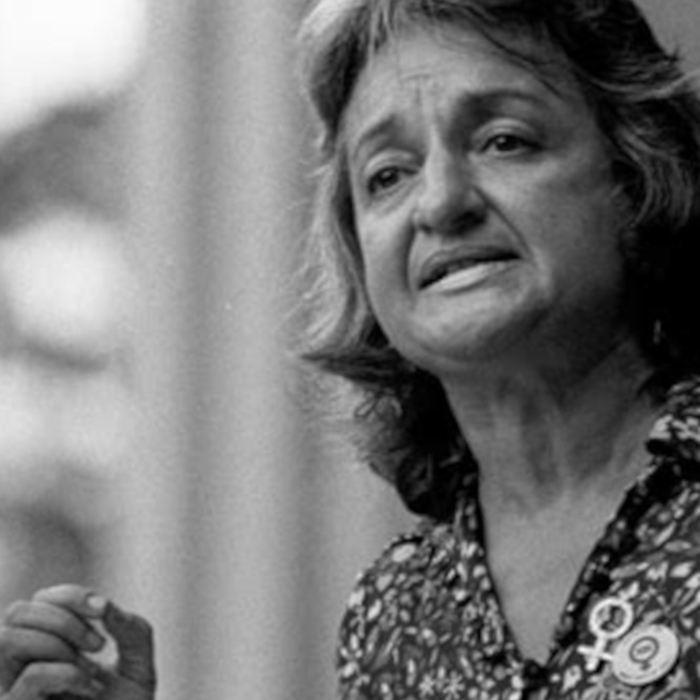
Betty Friedan
A leading figure in the women's movement in the United States, her 1963 book The Feminine Mystique is often credited with sparking the second wave of American feminism in the 20th century. In 1966, Friedan co-founded and was elected the first president of the National Organization for Women (NOW).
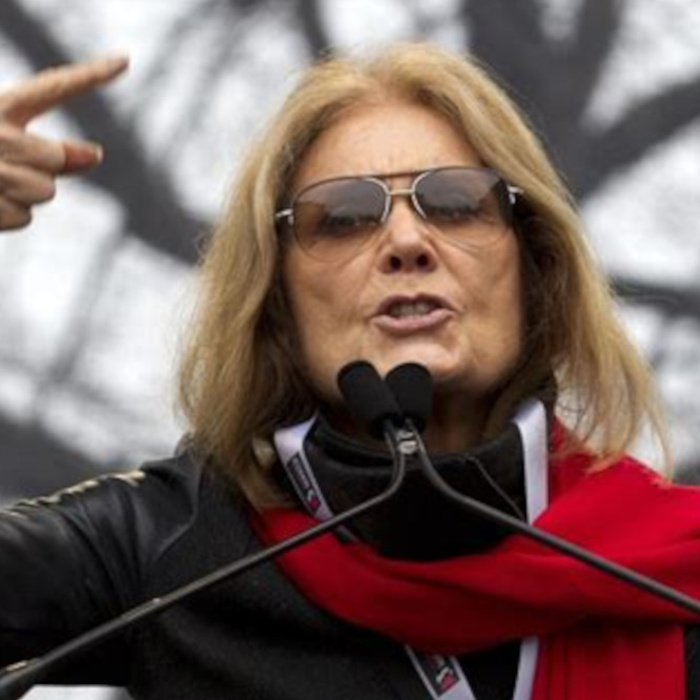
Gloria Steinem
Steinem was a columnist for New York Magazine, and a co-founder of Ms. magazine. In 1969, Steinem published an article, “After Black Power, Women's Liberation”, which brought her to national fame as a feminist leader. In 1971, she co-founded the National Women's Political Caucus and the Women's Action Alliance.

Andrea Dworkin
Infamously known for her analysis of pornography, although her feminist writings, beginning in 1974, span 40 years. A central theme of Dworkin's work is re-evaluating Western society, culture, and politics. She did this through the prism of men's sexual violence against women in a patriarchal context.
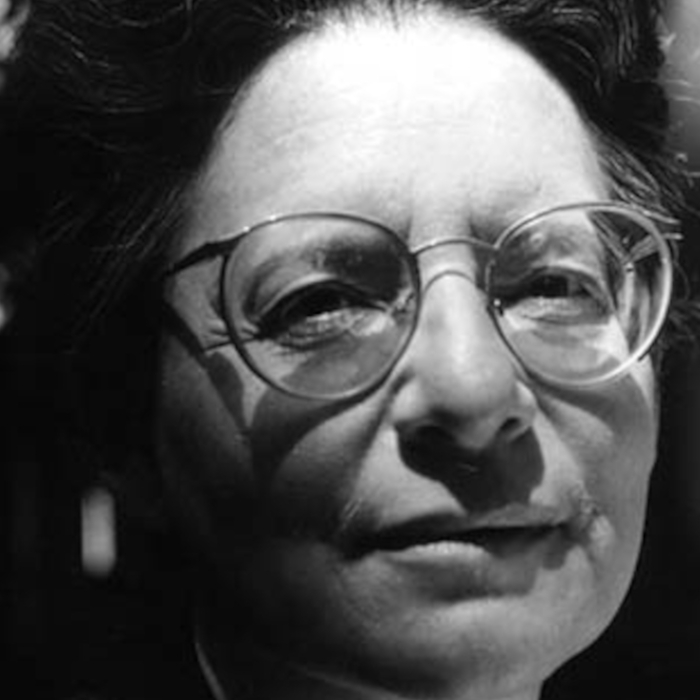
Shulamith Firestone
Firestone was a central figure in the early development of radical feminism and second-wave feminism and a founding member of three radical-feminist groups: New York Radical Women, Redstockings, and New York Radical Feminists. In 1970, Firestone authored The Dialectic of Sex: The Case for Feminist Revolution.
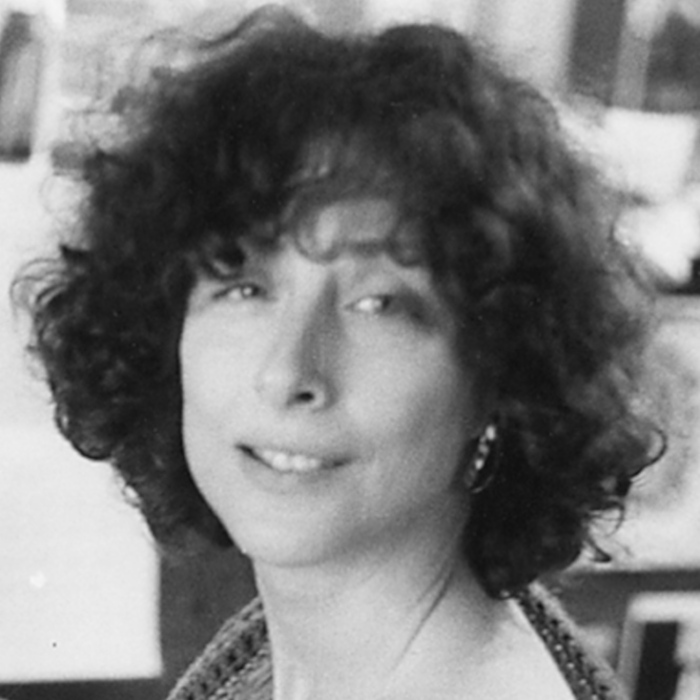
Ellen Willis
Willis was a member of New York Radical Women and subsequently co-founder in early 1969 with Shulamith Firestone of the radical feminist group Redstockings. Her essays were among the earliest expressions of feminist opposition to the anti-pornography movement in what became known as the feminist sex wars.
“Feminism liberated women from the natural dignity of their sex and turned them into inferior men”
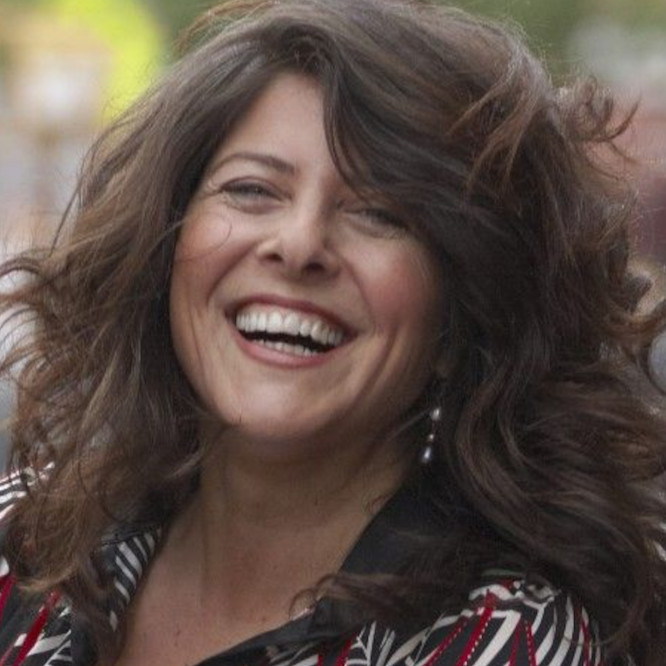
Naomi Wolf
Leading spokeswoman of what has been described as the third wave of the feminist movement from the publication of her first book, The Beauty Myth, an international bestseller. In the 1990s, a political advisor to the presidential campaigns of Bill Clinton and Al Gore. Wolf argues that “beauty” as a normative value is entirely socially constructed.
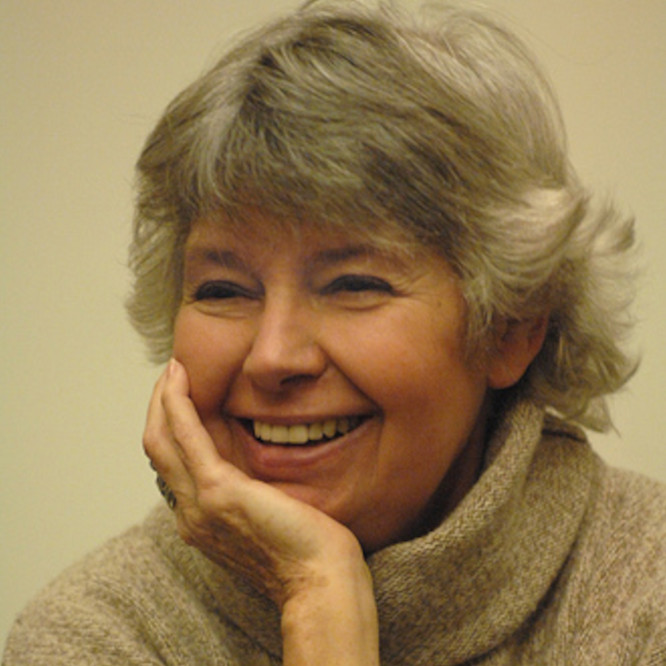
Robin Morgan
Since the early 1960s, Morgan has been a key radical feminist member of the American Women's Movement, and a leader in the international feminist movement. er 1970 anthology Sisterhood is Powerful has been widely credited with helping to start the contemporary feminist movement in the US.
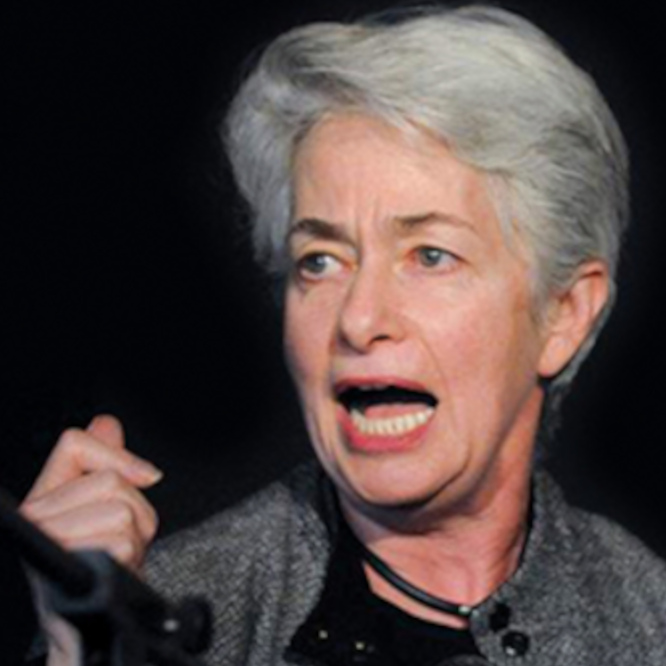
Heather Booth
Booth co-founded Chicago Women's Liberation Union (CWLU). In 1972, “Socialist Feminism: A Strategy for the Women's Movement”, which is believed to be the first publication to use the term “socialist feminism”, was published. Booth founded the Abortion Counselling Service of Women's Liberation, advising pregnant women who needed help to “Call Jane.”.
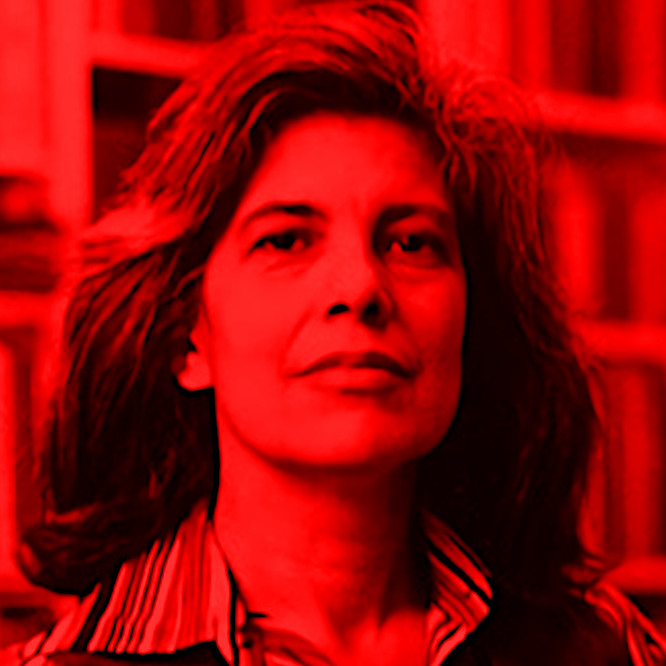
Susan Sontag
In 1967 in Partisan Review Sontag wrote: “The white race is the cancer of human history; it is the white race and it alone—its ideologies and inventions—which eradicates autonomous civilizations wherever it spreads, which has upset the ecological balance of the planet, which now threatens the very existence of life itself.”.
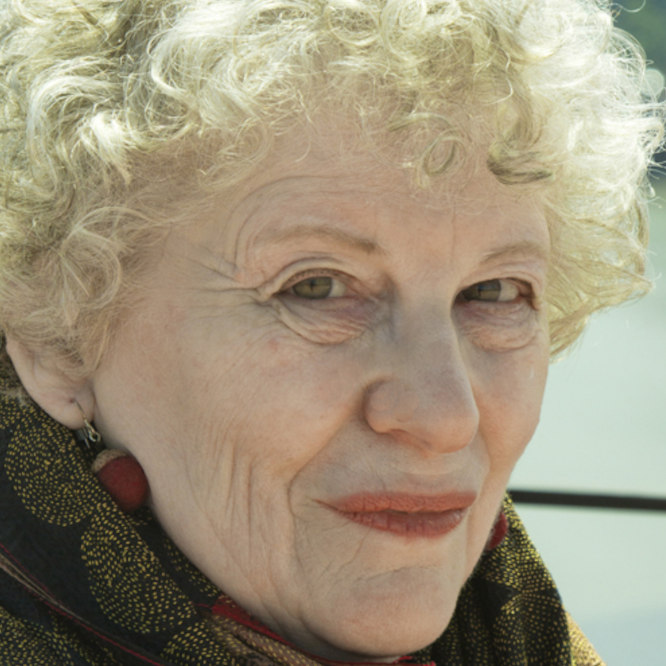
Meredith Tax
An American writer and political activist. She is regarded as a pioneer of the US women's liberation movement. Tax became founding Chair of International PEN's Women Writers' Committee and, in 1994, was founding President of Women's WORLD, a global free speech network of feminist writers.
“The nuclear family must be destroyed, and people must find better ways of living together. Whatever it's ultimate meaning, the break-up of families now is an objectively revolutionary process.”
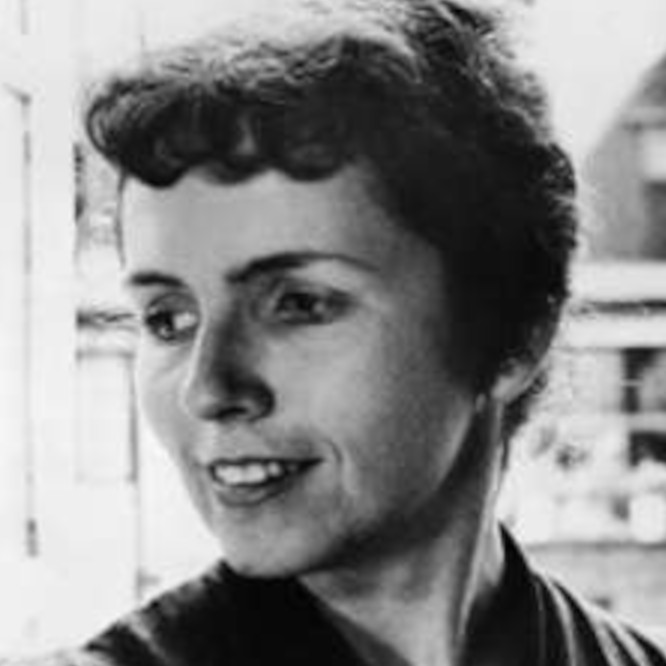
Grace Paley
FBI declared Paley a communist and kept a file on her for thirty years. Paley taught courses at Columbia University. She also taught at Syracuse University and served as vice president of the PEN American Center, an organization she'd worked to diversify in the 1980s.
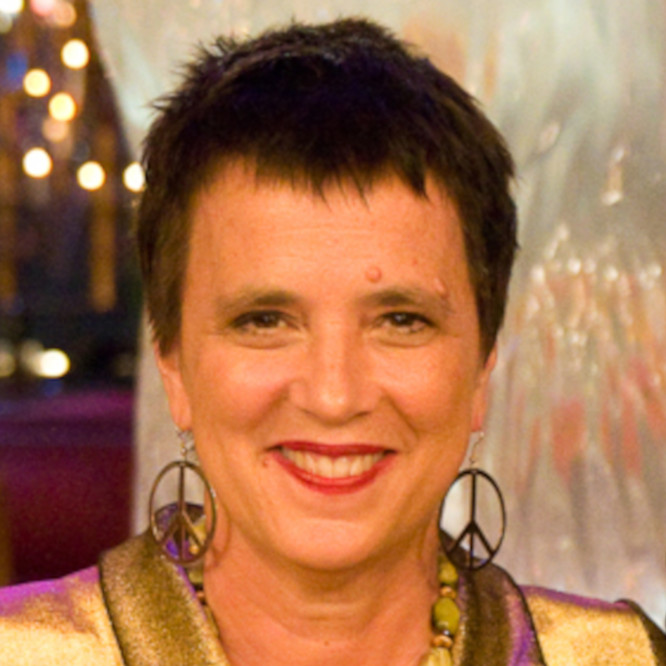
Eve Ensler
American playwright, performer, feminist, and activist. Ensler is infamously known for her play The Vagina Monologues, that was translated into 48 languages and performed in over 140 countries. Ensler stated she no longer wished to carry her father's surname and instead invited people to call her "V".
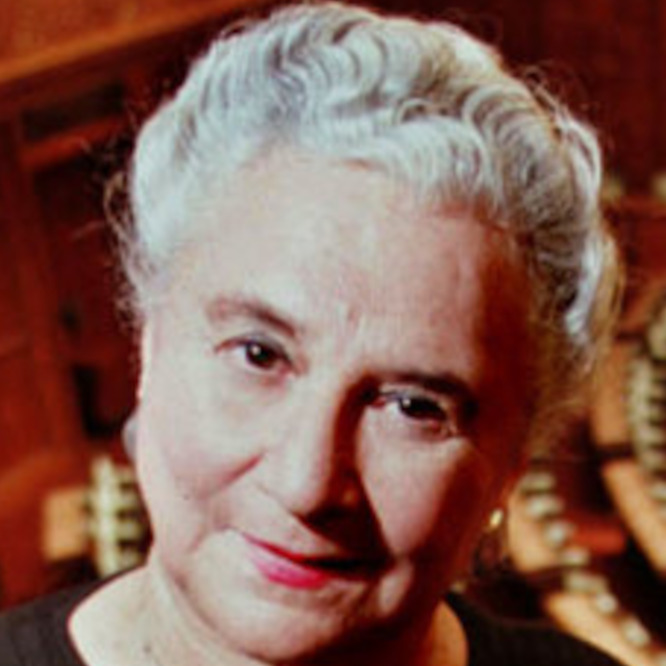
Beate Gordon
Austrian-born American performing arts presenter and women's rights advocate. After being inducted into the Phi Beta Kappa Society, Sirota played an integral role, drafting the language regarding legal equality between men and women in Japan, including Articles 14 and 24 on Equal Rights and Women's Civil Rights.
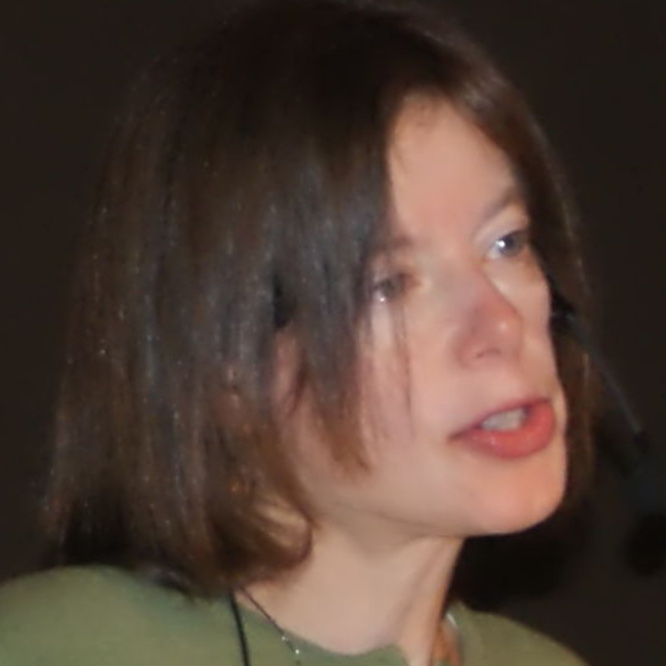
Susan Faludi
Throughout the eighties, she wrote several articles on feminism and the apparent resistance to the movement. Seeing a pattern emerge, Faludi wrote Backlash, which was released in late 1991. She was elected to Phi Beta Kappa and wrote for The Harvard Crimson, and became a journalist, writing for The New York Times.
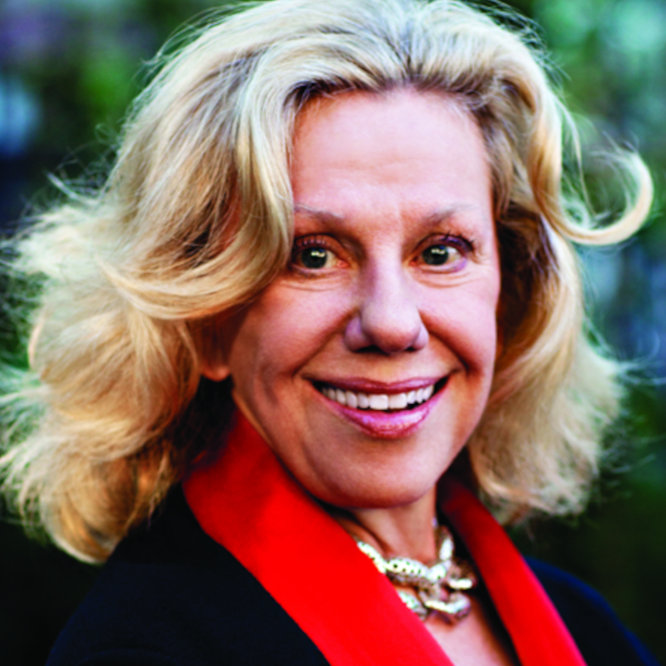
Erica Jong
American novelist, satirist, and poet, known particularly for her 1973 novel Fear of Flying. The book became famously controversial for its attitudes towards female sexuality, and figured prominently in the development of second-wave feminism. According to The Washington Post, it has sold more than 20 million copies worldwide.
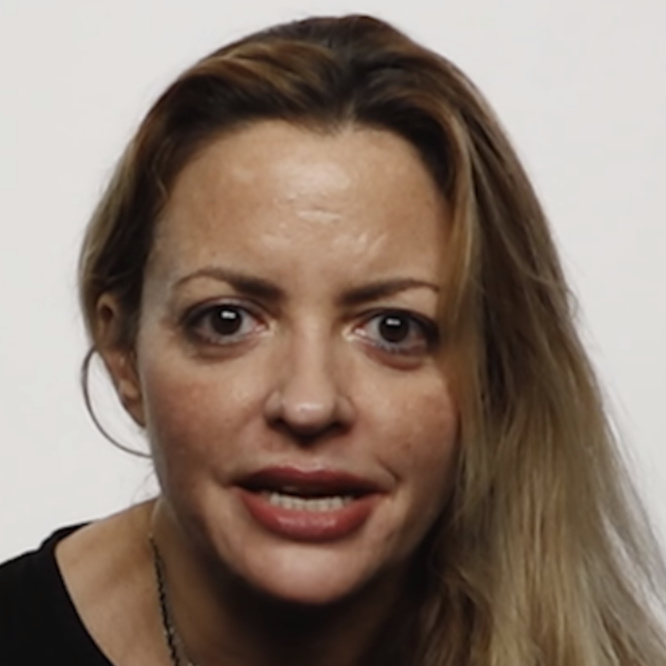
Elizabeth Wurtzel
American writer and journalist, known for the confessional memoir Prozac Nation. Wurtzel's work drove a boom in confessional writing and the personal memoir genre during the 1990s, and she was viewed as a voice of Generation X. Wurtzel wrote for The Harvard Crimson and received the 1986 Rolling Stone College Journalism Award for a piece about Lou Reed.
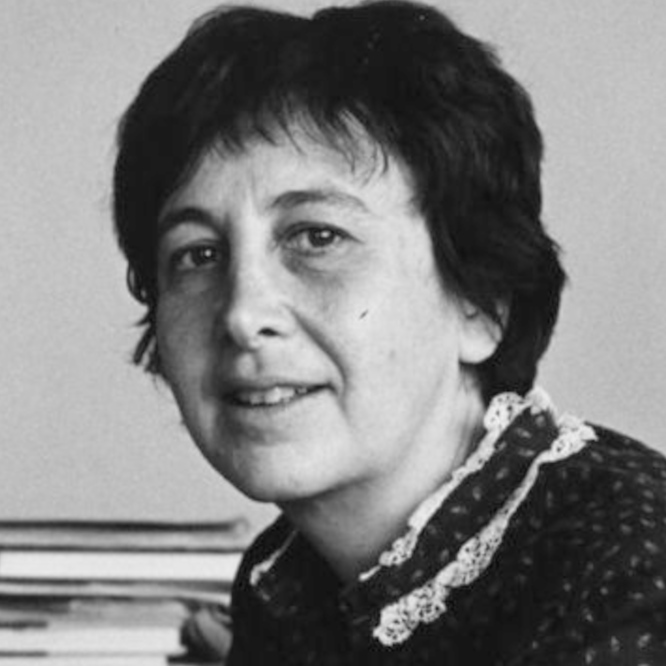
Susan Brownmiller
American feminist journalist, author, and activist best known for her 1975 book Against Our Will: Men, Women, and Rape. Against Our Will (1975) is a feminist book in which Brownmiller argues that rape “is nothing more or less than a conscious process of intimidation by which all men keep all women in a state of fear.
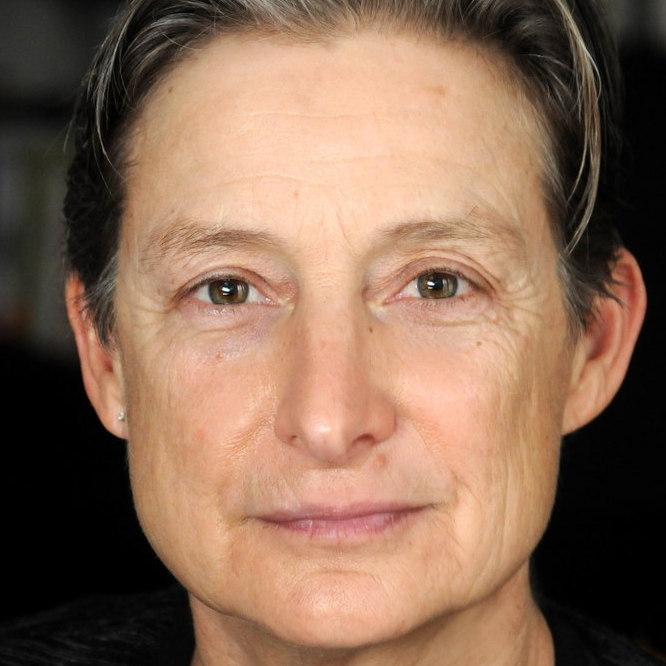
Judith Butler
American philosopher and gender theorist whose work has influenced political philosophy, ethics, and the fields of third-wave feminism, queer theory, and literary theory.
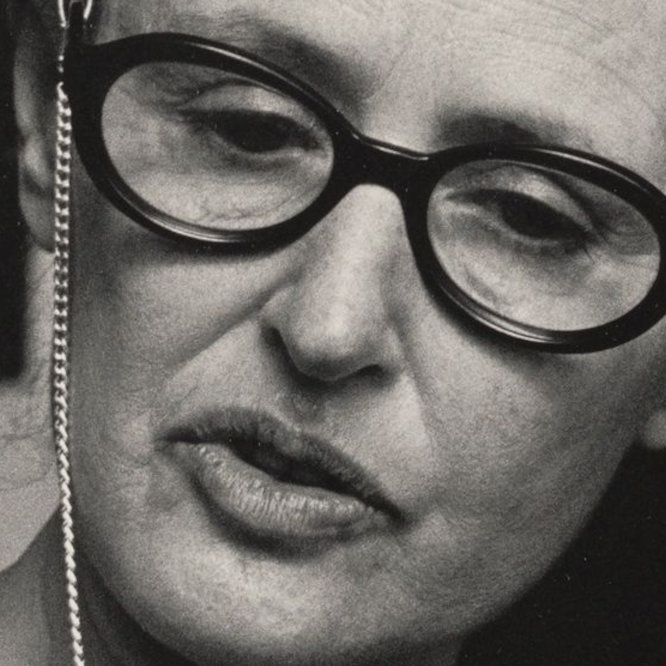
Dorothy Dinnerstein
Known for her 1976 book The Mermaid and the Minotaur. Drawing from elements of Sigmund Freud's psychoanalysis, arguing sexism and aggression were both inevitable consequences of child-rearing being left exclusively to women. The book became a classic of U.S. second-wave feminism and was later translated into seven languages.
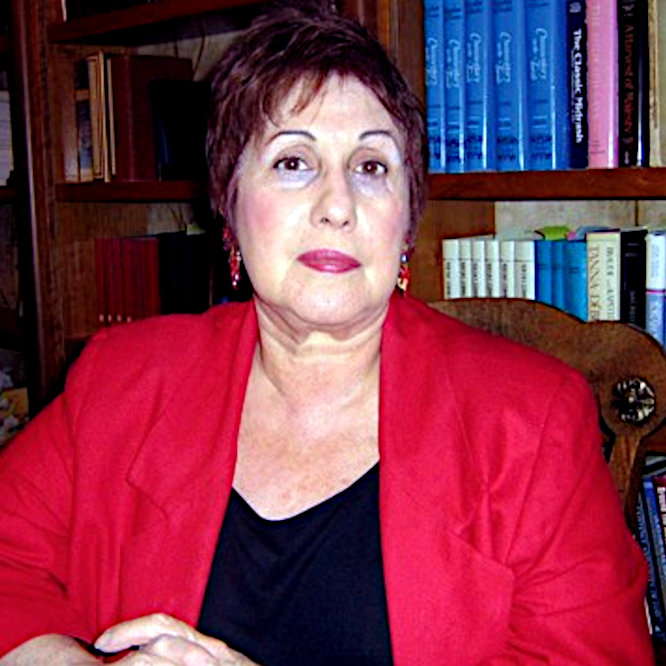
Phyllis Chesler
Writer, psychotherapist, and professor emerita of psychology and women's studies. Known as a feminist psychologist, and is the author of 18 books, including the bestseller Women and Madness (1972), With Child: A Story of Motherhood (1979) and An American Bride in Kabul: A Memoir (2013). In 1969, Chesler cofounded the Association for Women in Psychology.
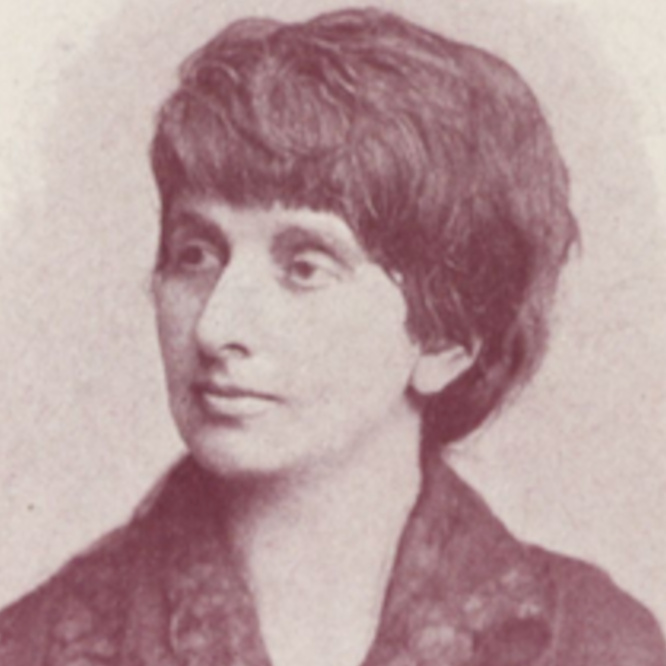
Hedwig Dohm
German feminist and author. From the early 1870s onwards, she published feminist treatises demanding legal, social and economic equality, as well as women's suffrage. She was one of the first feminist thinkers to view gender roles as a result of socialization and not biological determinism. Dohm lived to see the implementation of women's suffrage in the Weimar Republic.
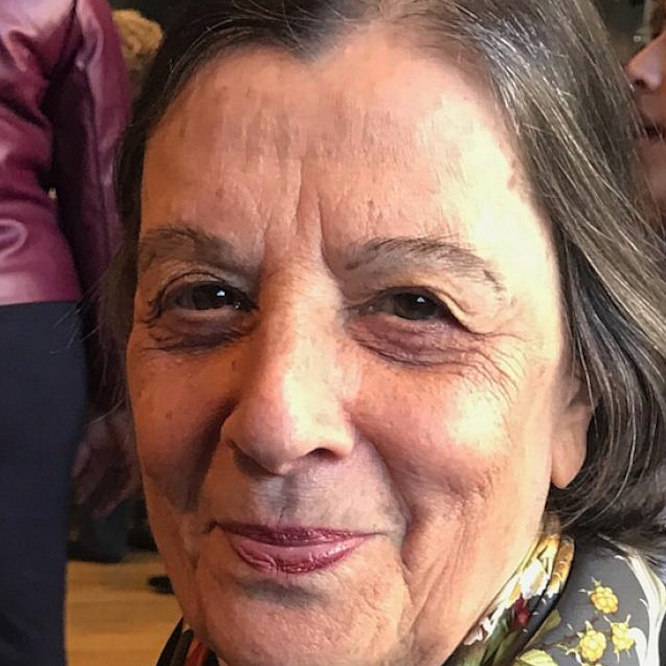
Blu Greenberg
American writer specializing in modern Judaism and women's issues. Her most noted books are On Women and Judaism: A View from Tradition (1981), and Black Bread: Poems, After the Holocaust (1994). Greenberg is the founder and the first president of the Jewish Orthodox Feminist Alliance. In 1973, she gave the opening address at the first National Jewish Women's Conference.
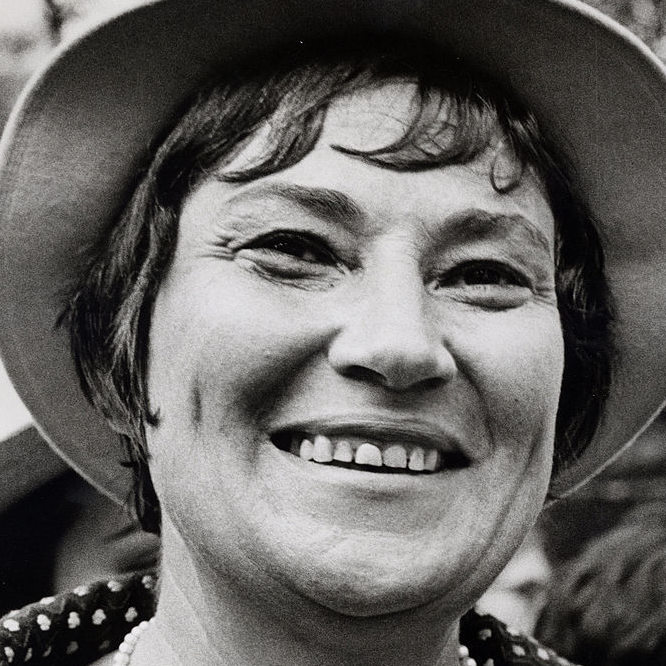
Bella Abzug
American lawyer, U.S. Representative, social activist and a leader in the women's movement. In 1971, Abzug joined other leading feminists such as Gloria Steinem, Shirley Chisholm, and Betty Friedan to found the National Women's Political Caucus. Abzug was a founder of the Commission for Women’s Equality of the American Jewish Congress.
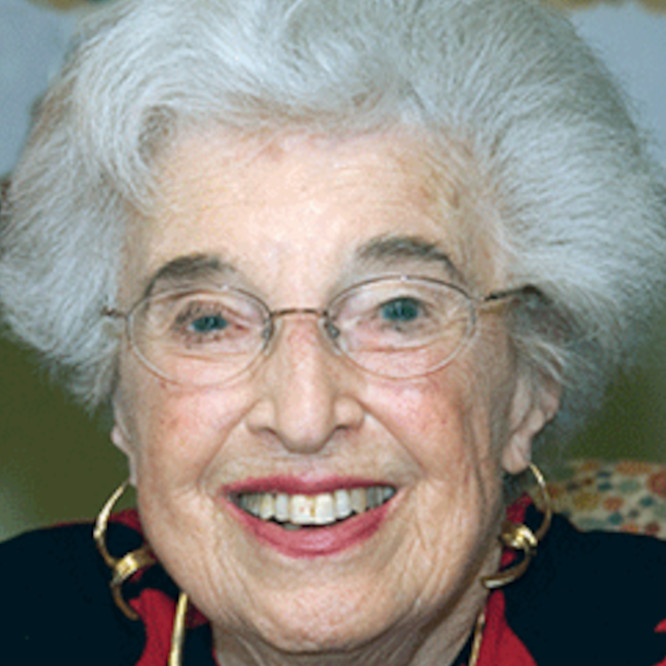
Gerda Lerner
Lerner became a founding member of the National Organization for Women (NOW) and she served as a local and national leader for a short period. Among her works are the documentary anthologies Black Women in White America (1972) and The Female Experience (1976). She also wrote The Creation of Patriarchy (1986) and The Creation of Feminist Consciousness (1993).
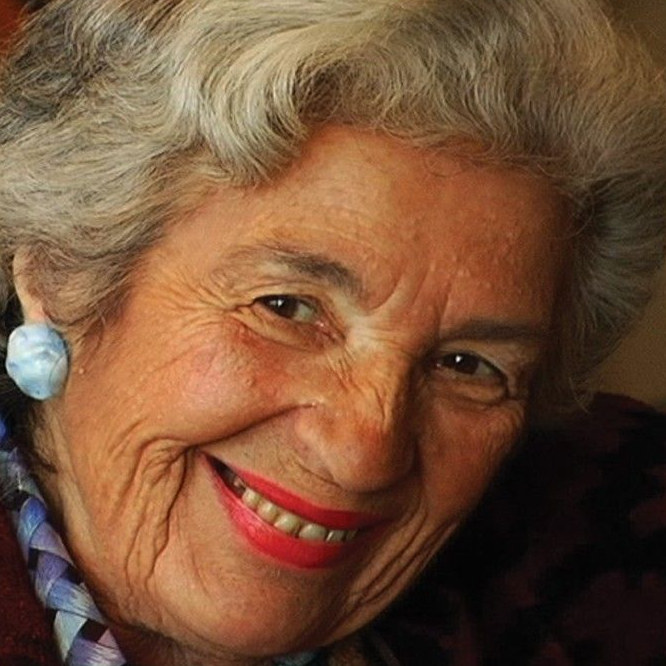
Miriam Schapiro
Painter, sculptor, printmaker and considered a pioneer of feminist art. Schapiro constructed her identity as an artist working in the center of contemporary abstraction and simultaneously as a feminist being challenged to represent women's “consciousness” through imagery. Established the Feminist Art Program at the California Institute of the Arts, in Valencia with Judy Chicago.
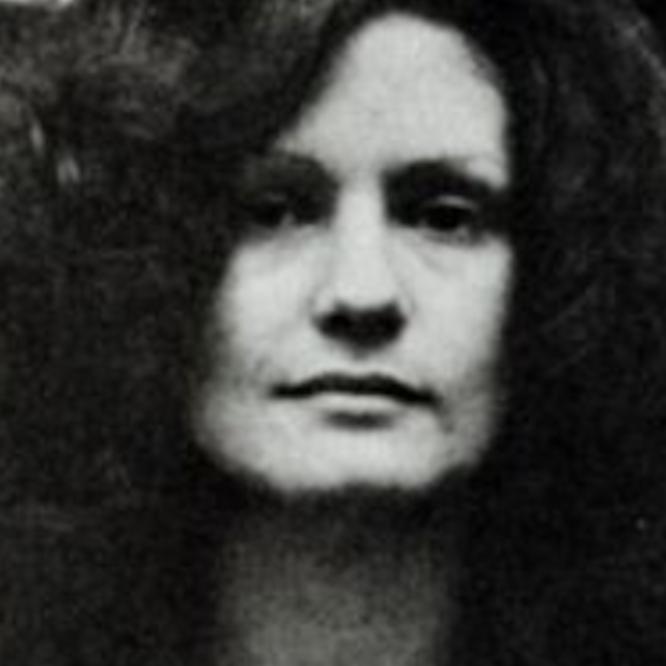
Arlene Raven
Feminist art historian, author, critic, and curator. Raven was a co-founder of numerous feminist art organizations in Los Angeles in the 1970s. Raven co-founded the Feminist Studio Workshop and was a major figure in the Feminist Art Movement. She co-founded The Center for Feminist Art Historical Studies, researching women artists and developing a feminist art historical methodology.
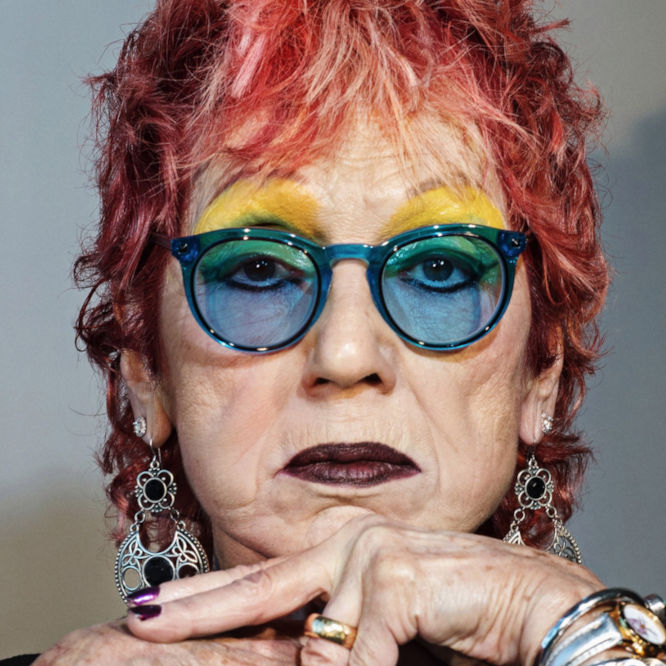
Judy Chicago
During the 1970s, Chicago founded the first feminist art program in the United States at California State University, Fresno and acted as a catalyst for feminist art and art education. Chicago was a member of the Phi Beta Kappa Society and designed posters for the UCLA NAACP chapter and eventually became its corresponding secretary. Considered one of the “first-generation feminist artists”.
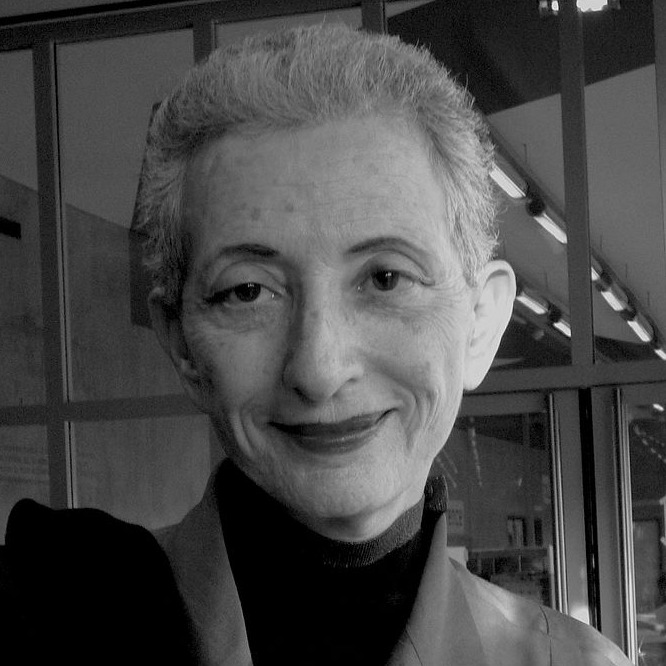
Helene Cixous
French feminist writer, philosopher, and rhetorician. Cixous is known for her article “The Laugh of the Medusa”, establishing her an early thinker in post-structural feminism. She founded the first centre of feminist studies at a European university at the Centre universitaire de Vincennes of the University of Paris. Cixous is considered one of the mothers of post-structuralist feminist theory.
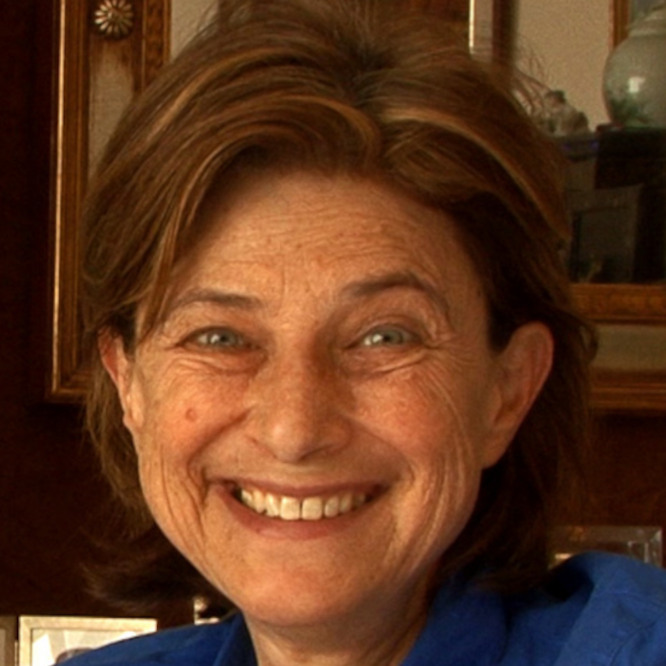
Chantal Akerman
Belgian film director, screenwriter and film professor at the City College of New York. Akerman has used the setting of a kitchen to explore the intersection between femininity and domesticity. The kitchens, alongside other domestic spaces, act as self-confining prisons under patriarchal conditions. In Akerman's work, the kitchen acts as a domestic theatre.
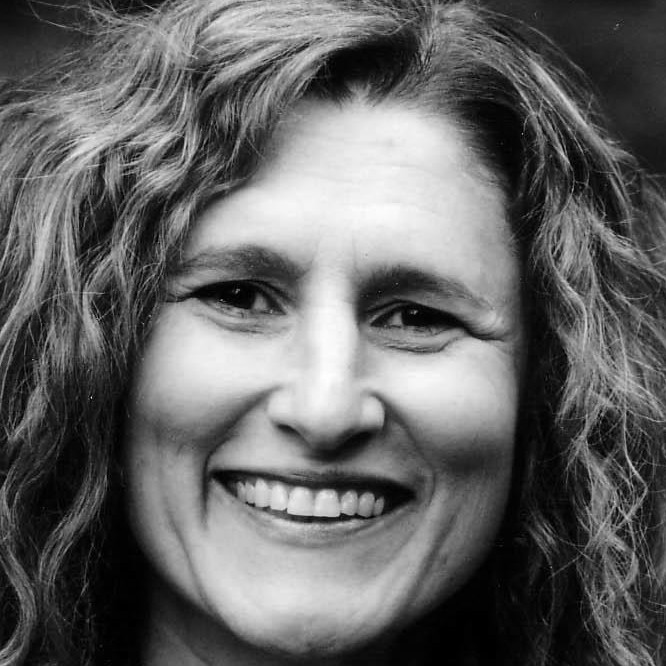
Gloria Greenfield
Greenfield founded the Oswego Women's Center, Women for a New World, Alliance of Women Against Repressive Education at SUNY, We Are the Women Your Fathers Warned You Against, and the Red Rag Regime. In April 1976, she founded Persephone Press, a leading radical feminist book publishing company, which she ran until May 1983. As director of the Adult Learning Collaborative, Greenfield brings leading Jewish feminist scholars from North America, Europe, and Israel to Boston.
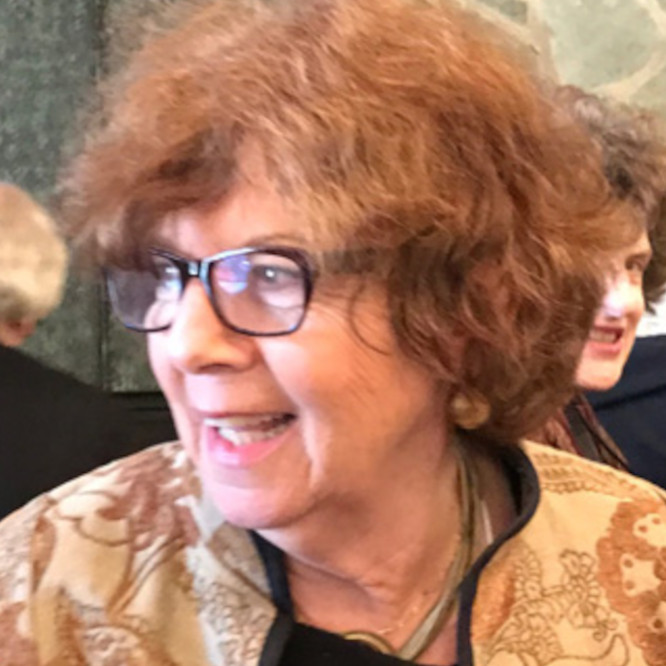
Ellen Carol DuBois
DuBois is a Professor of History at UCLA. She was an early activist in feminism’s second wave, working during her graduate school years with the Chicago Women’s Liberation Union. duBois is author or editor of many books in women’s history, including the anthology Unequal Sisters: A Reader in Multicultural U.S. Women’s History and Through Women’s Eyes: An American History with Documents.

Emma Goldman
Goldman advocated passionately for the rights of women, and is today heralded as a founder of anarcha-feminism, which challenges patriarchy as a hierarchy to be resisted alongside state power and class divisions. Goldman was also an advocate of free love, and a strong critic of marriage. She saw early feminists as confined in their scope and bounded by social forces of Puritanism and capitalism.
Socialist feminism
Socialist feminism is a two-pronged theory that broadens Marxist feminism's argument for the role of capitalism in the oppression of women and radical feminism's theory of the role of gender and the patriarchy. Socialist feminists reject radical feminism's main claim that patriarchy is the only, or primary, source of oppression of women. Rather, Socialist feminists assert that women are oppressed due to their financial dependence on males. In 1972, Socialist Feminism: A Strategy for the Women's Movement", which is believed to be the first publication to use the term socialist feminism, was published by the Hyde Park Chapter of the Chicago Women's Liberation Union (Heather Booth, Day Creamer, Susan Davis, Deb Dobbin, Robin Kaufman, and Tobey Klass).
Socialist feminism draws upon many concepts found in Marxism, such as a historical materialist standpoint, which means that they relate their ideas to the material and historical conditions of people's lives. Thus, Socialist feminists consider how the sexism and gendered division of labour of each historical era is determined by the economic system of the time.
Socialist feminist Claudia Jones worked to incorporate Black women, other working women of brown, and their needs into The Communist Party in the 1930s. This is because most of the issues The Communist Party addressed had to do with the white, male proletariat. Jones theoretical background rests at theintersection of Marxism, Black Nationalism, and Feminism, thus resulting in her contextualization and expansion upon “Triple Oppression”, or the notion that Black and Brown women experience oppression based on race, class, and gender. Jones further argues that white women, much less Black and Brown working women, would never be liberated if the structures of colonialism were not abolished and Black Nationalism were not adopted.
Groups
National Organization for Women
The National Organization for Women (NOW) is an American feminist organization founded in 1966. The organization consists of 550 chapters in all 50 U.S. states and in Washington, D.C. The National Organization for Women (NOW) was founded in 1966 by 28 women at the Third National Conference of Commissions on the Status of Women in June (the successor to the Presidential Commission on the Status of Women), and another 21 women and men who became founders at the October 1966 NOW Organizing Conference, for a total of 49 founders.
Women's Action Alliance
The Women's Action Alliance (WAA), or simply the Alliance, was a feminist organization in the United States which was active from 1971 to 1997. It was founded by Gloria Steinem, Brenda Feigen Fasteau and Dorothy Pitman-Hughes. The board of directors of the WAA included several notable feminists such as Bella Abzug and Shirley Chisholm. The WAA's mission was to assist local activists through technical and communications support and through them, to create change on a national scale.

